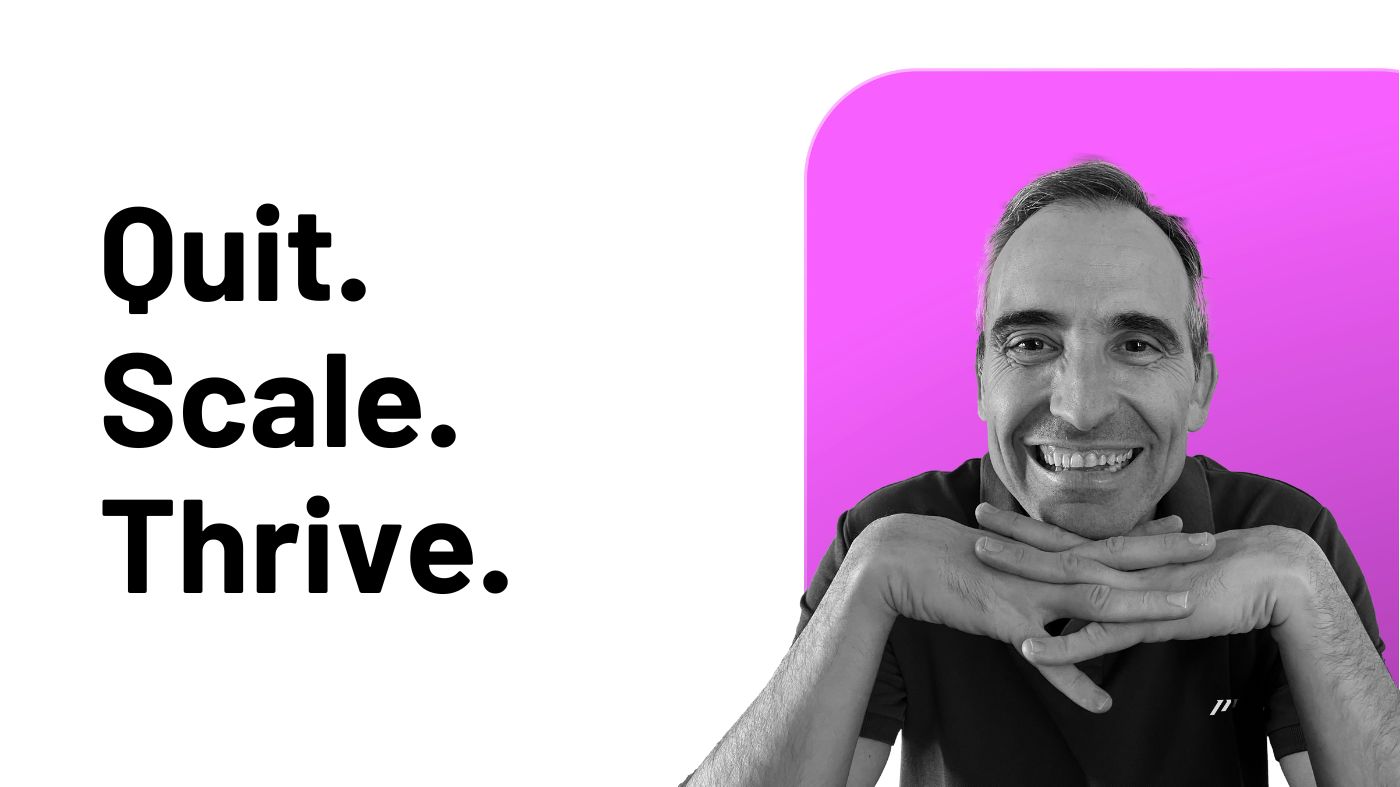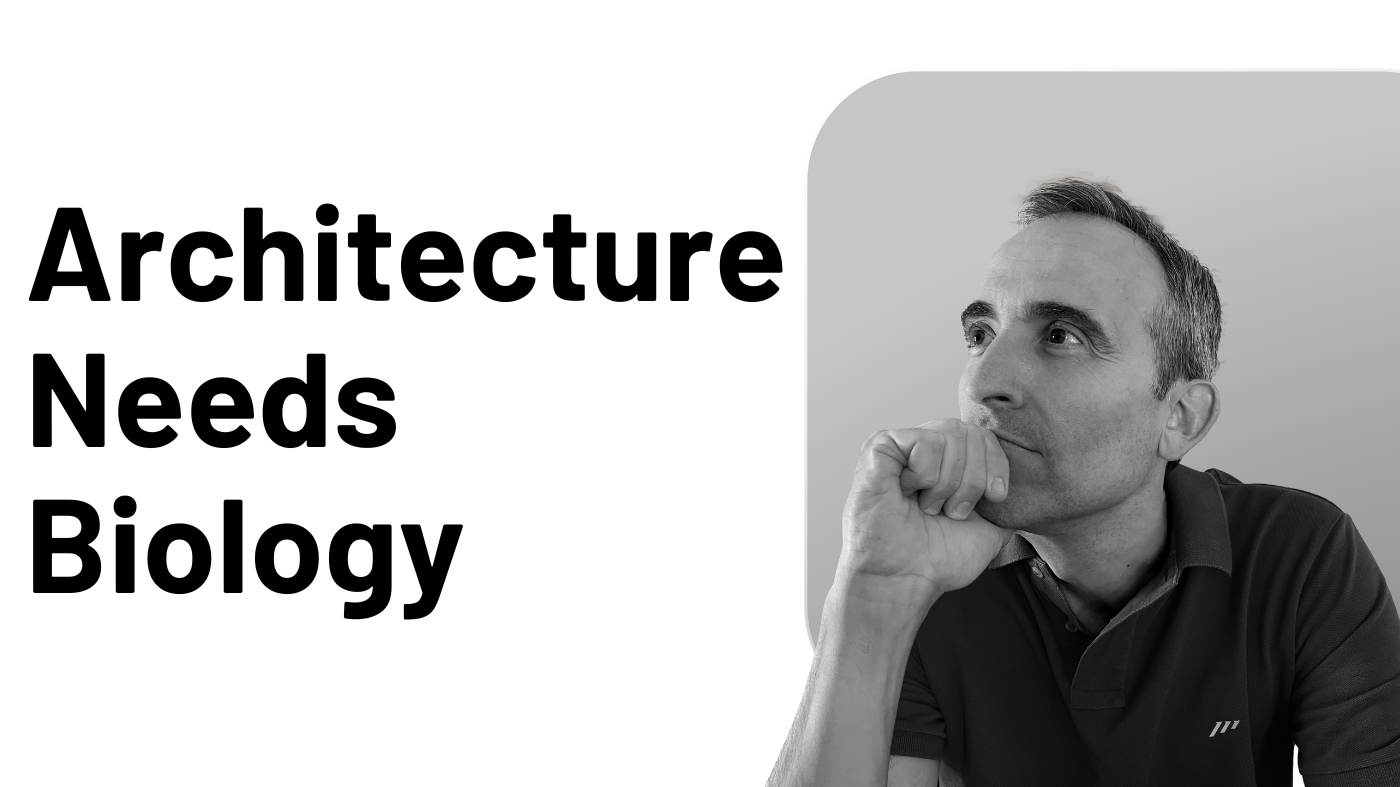Imagine this: deadlines are looming, your inbox is overflowing, and your team feels more like a collection of individuals than a unified force.
Sound familiar?
This is the daily struggle of countless busy professionals; juggling tasks, trying to keep projects on track, and ensuring that everyone is working toward the same goal.
But there’s one critical issue that most people overlook: a true understanding of Project Management.
Many professionals misunderstand Project Management, thinking it’s simply about assigning tasks and monitoring progress. But it’s much more than that.
Project Management is the key to transforming your team into a productive, aligned, and stress-free operation.
Once you fully grasp what Project Management truly entails, you’ll immediately be able to enhance your team’s efficiency (and your own productivity).
Let’s explore how.
The Puzzle of Project Management: Piece by Piece
“Operations keep the lights on, strategy provides a light at the end of the tunnel, but Project Management is the train engine that moves the organization forward.” — Joy Gumz
So, what is Project Management?
\
Think of it as an art—like conducting an orchestra.
It’s about more than just ticking off tasks; it’s about ensuring the entire experience runs smoothly, on time, and stress-free.
Let’s break down the key elements:
-
Plotting the path: Project Management is about strategically arranging tasks, much like pieces of a puzzle, to keep everything moving in the right direction.
-
Prioritizing like a pro: Success in Project Management is similar to chess. You need to know which moves to make (execution) and when (planning). This means ensuring that the most critical tasks are prioritized and handled efficiently.
-
Aligning with team goals: Every task must be connected to the overall strategy. Each team member needs to see (and feel) how their contribution moves the project closer to the goal.
-
Transforming ideas into action: Project Management bridges the gap between creative ideas and actionable steps, making big-picture visions a reality for your team.
-
Strengthening communication: The cornerstone of effective Project Management is communication. Establishing the right channels ensures everyone stays in sync and works toward the same goals.
These components combine to form the framework of Project Management, ensuring your team operates as a cohesive, productive unit.
Why Most Teams Fail at Project Management
“Plans are only good intentions unless they immediately degenerate into hard work.” — Peter Drucker
The problem isn’t a lack of tools; it’s a lack of understanding.
Many busy professionals believe that if they just find the right tool, their productivity problems will disappear. But the truth is, Project Management is much deeper than software.
Without a solid understanding of the different areas Project Management covers (task prioritization, goal alignment, communication, and more) teams often fall into chaos.
Communication breaks down, priorities shift without clarity, and projects derail.
This is why so many busy professionals feel overwhelmed and stuck in an endless loop of inefficiency.
A Methodology that Works: Bringing It All Together
“Project Management is the art of creating the illusion that any outcome is the result of a series of predetermined, deliberate acts.” — David Copperfield
At its core, effective Project Management is a system that touches every aspect of your team’s workflow.
ICOR® is the methodology we’ve designed and developed within the Paperless Movement to help busy professionals quickly establish clarity and structure, enabling them to apply it immediately to their work.
Here’s how to get started:
-
Clarify roles and goals: Every team member should know the bigger picture and their specific role in achieving it.
-
Set clear priorities: Establish a task hierarchy based on what’s most urgent and important.
-
Choose the right tools: Tools only amplify your system. Choose software solutions that support your workflow rather than trying to adapt to them. At the Paperless Movement®, we’ve developed the ICOR® Framework, which helps busy professionals visualize and organize their tools within four different areas (Personal Knowledge Management, Business Knowledge Management, Personal Project Management, and Business Project Management), identifying overlaps and gaps, ensuring each tool serves a specific purpose without redundancy.
-
Communicate effectively: Communication is the foundation. Set up structured channels to prevent confusion and ensure progress.
-
Refine continuously: Project Management is dynamic. Regularly review and refine your process to stay aligned with your goals.
Takeaways
Project Management is not just about managing tasks; it’s about creating a structured system that allows your team to function seamlessly.
When you understand what Project Management really means, you’ll experience clearer communication, enhanced collaboration, and increased productivity.
Ready to see your team operate at its full potential?
Apply these principles and start your transformation today.




